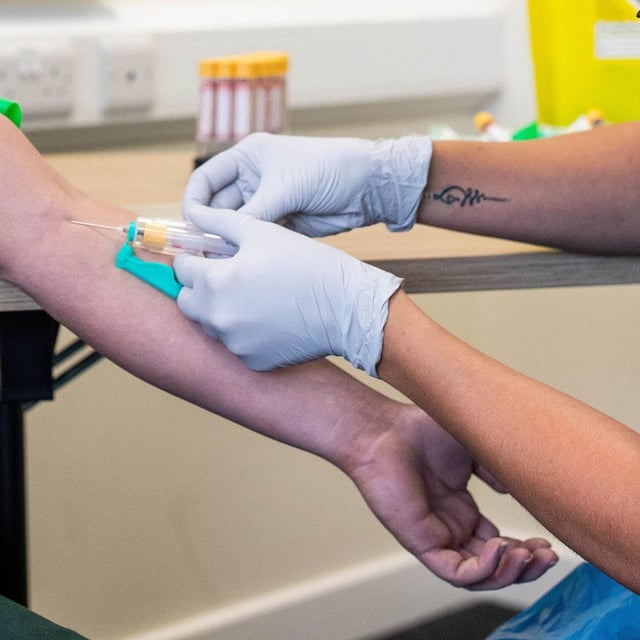Overview
- The peer‑reviewed study in the Journal of Translational Medicine uses Oxford BioDynamics’ EpiSwitch 3D genomic profiling to detect disease‑specific DNA folding patterns.
- The model was built from blood samples of 47 severe ME/CFS patients and 61 healthy controls and reports 92% sensitivity and 98% specificity.
- UEA led the research with collaborators at the London School of Hygiene & Tropical Medicine and Royal Cornwall Hospitals NHS Trust.
- External commentators, including Prof Chris Ponting and Dr Charles Shepherd, caution that broader, independent studies are needed to confirm specificity across similar conditions and different disease stages.
- Researchers note potential clinical utility and say the approach may be adaptable for long COVID, while critics warn the test could be costly at roughly £1,000 per patient.



